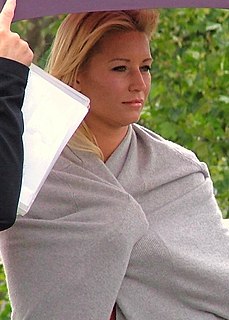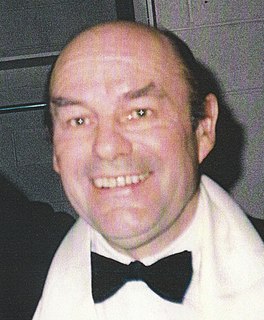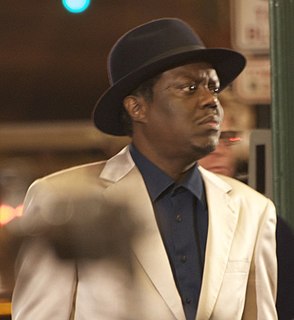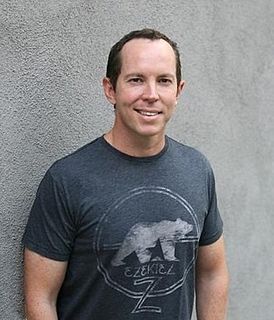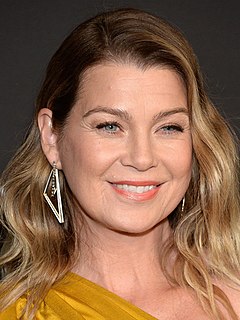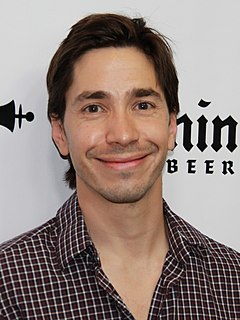A Quote by Denise Van Outen
Much as I loved doing 'The Big Breakfast,' it almost became automatic. I need something to keep my brain ticking over, something that I have to concentrate on.
Related Quotes
I'd say that that is a challenge, but it also is, again, it's helpful. It's helpful to have the discipline of, okay, I'm doing, I'm doing something that's quite precise over here, working the puppet, and I'm doing something that's very imprecise and creative and unleashed over here, which is the comedy side. And it's kind of nice to allow your brain to be doing those two things at once.
All you do as a performer is keep doing it. If you keep doing it, then it depends on why you're doing it. If you're doing something for superficial, monumental reasons and if you're doing it for female attention, or if you're doing it for money, it's like being upset. Only way you can get upset is when you expecting something. If you don't get this award or don't get that award, that because you expect something.
You spend so many months and years in the studio, and you see the clock ticking and so much time spent on the minutiae of technical things. And I just thought it'd be fun to do something extremely fast and get that rush of something that had some energy, something that you weren't tired of when you finished it.
You don't want to be slavishly doing the same thing over and over again that everybody else has done, but at the same time, you're conscious of, "This is important. I owe something to my ten year old self right now. I need to respect that." I need for that kid who is obsessively reading comic books, I need there to be something rewarding for him where he's like, I didn't waste my time. I know what this is.
It's gross. We use real brains - I think they're lamb or cow or something. Intestines smell. Brains don't really smell, but what's amazing about the brain is that it's almost like scrambled eggs or soft tofu, almost like a gel. The brain controls so much of what we do, but you could put your finger right through it.
I try to write every day. I don't beat myself up about word counts, or how many hours are ticking by on the clock before I'm allowed to go and do something else. I just try to keep a hand in and work every single day, even if there are other demands or I'm on a book tour or have the flu or something, because then I keep my unconscious engaged with the book. Then I'm always a little bit writing, no matter what else I'm doing.
I became much more interested in plot when I really didn't consider myself a writer anymore. When I was in an art context and I started to do installations, that was when writing of mine almost returned to fiction. Earlier I felt like I didn't have anything to write about, I could only concentrate on the page, I could only concentrate on words.
Where war destroys, art inspires. And in order to inspire, you need to penetrate the brain. In order to penetrate the brain, you need something to react to. To have something to react to, you need to get your emotions up and running. To get your emotions up and running, you need to have something that ... whatever direction you go in, it has to be a movement between you and the experience.
I loved the idea of doing impressions and mimicking and playing around with the spectrum of your own voice. That's what I enjoy most about doing voiceovers. You can be completely unconscious with the rest of your body and just concentrate on doing something with your voice, creating an entire character with your voice.
If you wanted to create an education environment that was directly opposed to what the brain was good at doing, you probably would design something like a classroom. If you wanted to create a business environment that was directly opposed to what the brain was good at doing, you probably would design something like a cubicle. And if you wanted to change things, you might have to tear down both and start over.
